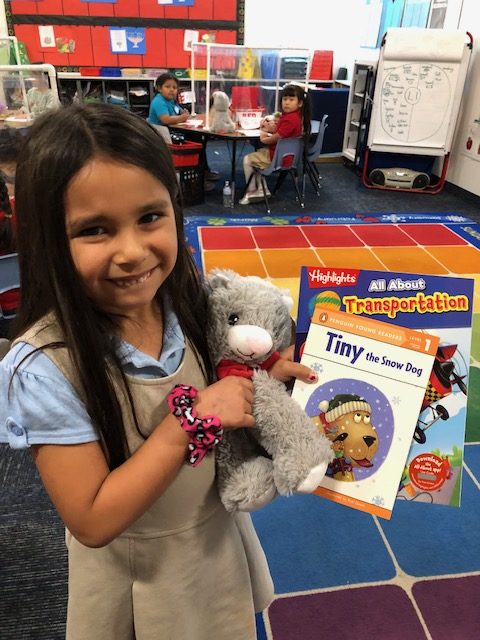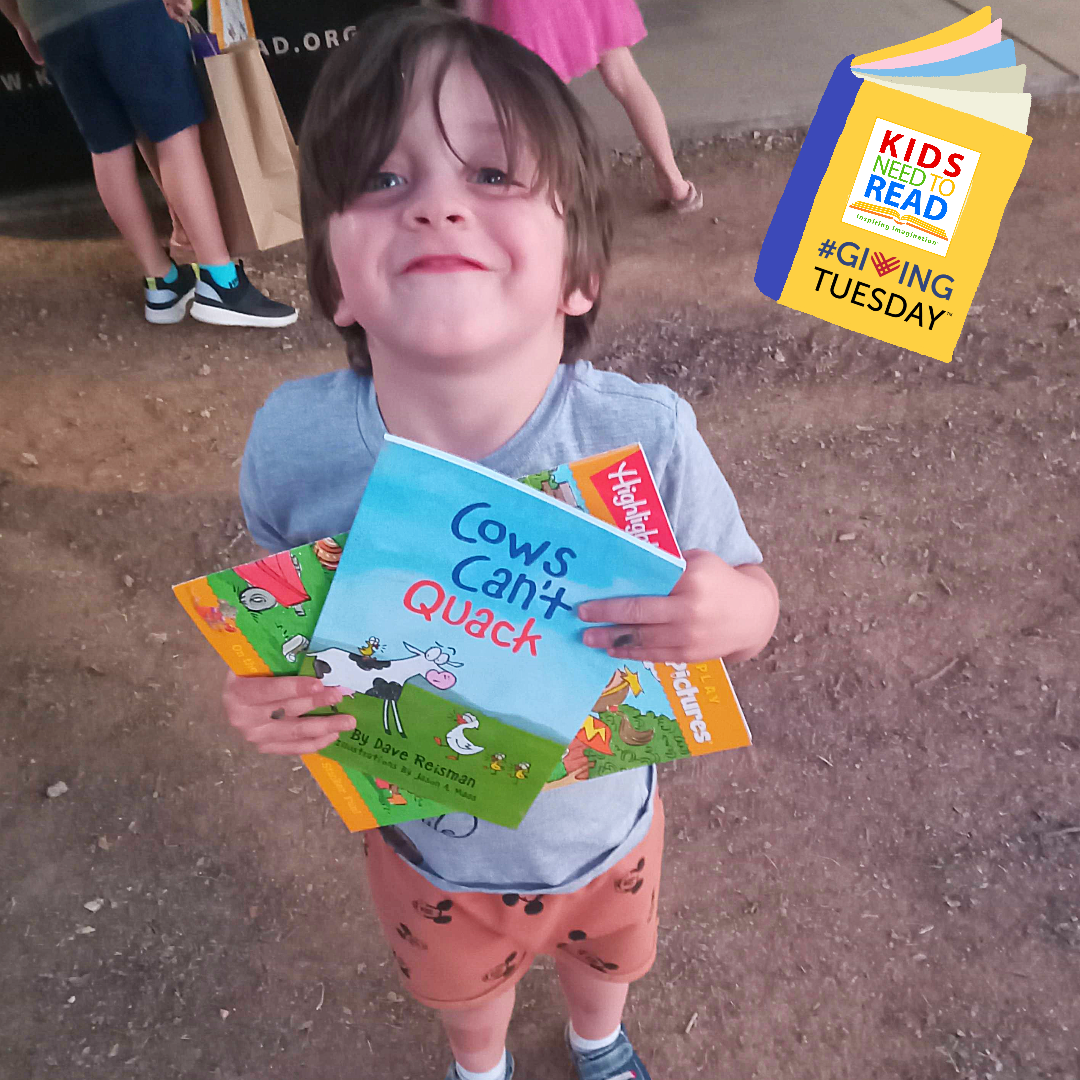Written by Rebecca Hipps
As busy adults, it is often difficult to find time to directly promote literacy in the lives of our children. Between working, school, and completing all the tasks parents must do on a daily basis, time simply runs out. As children grow and develop, it is very important that they receive support as readers, writers, and speakers from the earliest years. The communication and literacy engagement a child has with their parents and with significant adults in their lives can have a profound effect on their development as readers. How do we, as adults with time crunched schedules, make this a priority and become models of literacy for our kids? There are many simple ways we can begin today, to lead the children in our lives to reading.
- Weave reading into your daily routine.
Make reading an important part of your child’s day. Decide on a set time when you will read a book with your child. Make this activity exciting and meaningful for your child by curling up on the sofa before bedtime to read a book, finding the perfect tree to sit under and read together, or finding a bench at a park on the way home from school and pulling out a book. However you decide to schedule reading activities, be consistent, and show your child that you look forward to that special time together.
- Look for elements of literacy in your community environment.
As you run errands, point out interesting words or signs that you encounter. Discuss how literacy skills are used every day, whether it be reading a menu, interpreting street signs, or locating a business.
- Talk with your kids.
Language and literacy go hand in hand. Language development serves as a foundation for reading and literacy development, and children need ample opportunities to practice using language and hearing language used by adults and peers.
- Sing and share rhymes as a family.
Phonemic awareness, or knowledge of how sounds in language work, is also a significant factor in literacy development. As young children play rhyming games, and hear sounds used through song and entertaining speech, they are learning to pay attention to the sounds of language. Whether it be singing together in the car, or reciting nursery rhymes at the dinner table, these can be fun and quick activities that support your child as a future reader.
- Invite your child to participate in meaningful literacy activities.
Support your child in using reading and writing at home to complete tasks that are functional in your family and home. For example, assist your child in writing a letter or card to a family member, or allow your child to make the grocery list and then help you pick out the groceries at the store.
- Become a model of reading.
Studies have proven that children who see their parents reading are more likely to become avid, lifelong readers. Become a reader yourself, and allow your child to observe you enjoying literature and text. Even if this consists of reading the morning newspaper, or designating a family quiet time to allow yourself to read a book, you will enjoy a few minutes to engage with reading, and your child will make note of your example.
As children see that reading and literacy play important roles in their daily lives and in the lives of those they love, they will develop a sincere desire to read and participate in these activities with you. By showing kids that reading is important to you, it will become important to them.


